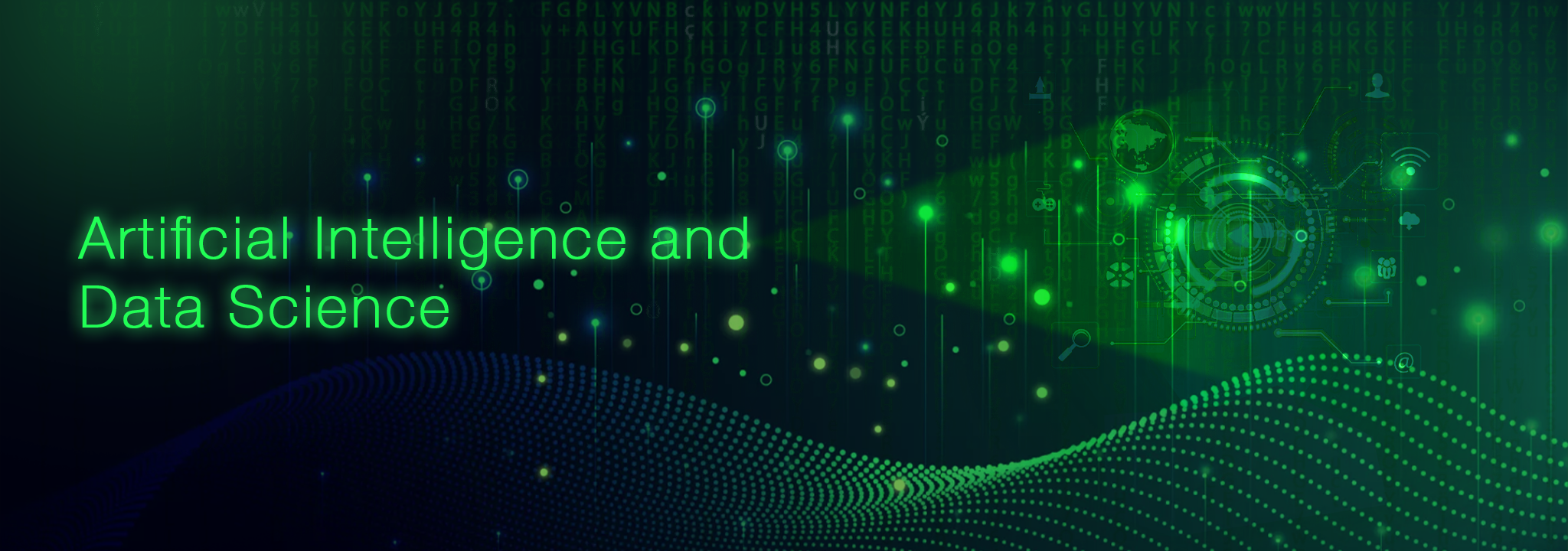
AI&DS- The Agent Force Shaping Tomorrow’s Intelligent World
Eligibility | Fees and Financial Assistance | Facts & Figures | HOD Message | Faculty | Board of Studies| Departmental Committees | Announcements | MoUs | Syllabus | Open Electives | Time Tables | Previous Question Papers | UG with Honours | Additional Minor Engineering | Placements| Internships| Infrastructure | Research | Events
“To be the center of excellence in technical education and research”
“To address the emerging needs through quality technical education and advanced research”
“To be a globally recognized center of excellence in the field of Artificial Intelligence and Data Science that produces innovative pioneers and research experts capable of addressing complex real-world challenges and contributing to the socio-economic development of the nation.”
M1: To provide cutting-edge education in the field of Artificial Intelligence and Data Science that is rooted in ethical and moral values.
M2: To establish strong partnerships with industries and research organizations in the field of Artificial Intelligence and Data Science, and to excel in the emerging areas of research by creating innovative solutions.
M3: To cultivate a strong sense of social responsibility among students, fostering their inclination to utilize their knowledge and skills for the betterment of society.
M4: To motivate and mentor students to become trailblazers in Artificial Intelligence and Data Science, and develop an entrepreneurial mindset that nurtures innovation and creativity.
Undergraduate:
Post-graduate:
Graduates of AI & DS will be able to:
PEO1: Adapt emerging technologies of Artificial Intelligence & Data Science and develop state of the art solutions in the fields of Manufacturing, Agriculture, Health-care, Education, and Cyber Security.
PEO2: Exhibit professional leadership qualities to excel in interdisciplinary domains.
PEO3: Possess human values, professional ethics, application-oriented skills and engage in lifelong learning.
PEO4: Contribute to the research community to meet the needs of public and private sectors.
After successful completion of the program, students will be able to:
PSO1: Exhibit proficiency of Artificial Intelligence and Data Science in providing sustainable solutions by adapting to societal, environmental and ethical concerns to real world problems.
PSO2: Develop professional skills in the thrust areas like ANN and Deep learning, Robotics, Internet of Things and Big Data Analytics.
PSO3: Pursue higher studies in Artificial Intelligence and Data Science in reputed Universities and to work in research establishments.
PO1: Engineering Knowledge: Apply knowledge of mathematics, natural science, computing, engineering fundamentals and an engineering specialization to develop to the solution of complex engineering problems.
PO2: Problem Analysis: Identify, formulate, review research literature and analyze complex engineering problems reaching substantiated conclusions with consideration for sustainable development.
PO3: Design/Development of Solutions: Design creative solutions for complex engineering problems and design/develop systems/components/processes to meet identified needs with consideration for the public health and safety, whole-life cost, net zero carbon, culture, society and environment as required.
PO4: Conduct Investigations of Complex Problems: Conduct investigations of complex engineering problems using research-based knowledge including design of experiments, modelling, analysis & interpretation of data to provide valid conclusions.
PO5: Engineering Tool Usage: Create, select and apply appropriate techniques, resources and modern engineering & IT tools, including prediction and modelling recognizing their limitations to solve complex engineering problems.
PO6: The Engineer and The World: Analyze and evaluate societal and environmental aspects while solving complex engineering problems for its impact on sustainability with reference to economy, health, safety, legal framework, culture and environment.
PO7: Ethics: Apply ethical principles and commit to professional ethics, human values, diversity and inclusion; adhere to national & international laws.
PO8: Individual and Collaborative Team work: Function effectively as an individual, and as a member or leader in diverse/multi-disciplinary teams.
PO9: Communication: Communicate effectively and inclusively within the engineering community and society at large, such as being able to comprehend and write effective reports and design documentation, make effective presentations considering cultural, language, and learning differences
PO10: Project Management and Finance: Apply knowledge and understanding of engineering management principles and economic decision-making and apply these to one’s own work, as a member and leader in a team, and to manage projects and in multidisciplinary environments.
PO11: Life-Long Learning: Recognize the need for, and have the preparation and ability for i) independent and life-long learning ii) adaptability to new and emerging technologies and iii) critical thinking in the broadest context of technological change.
Post graduates of AI & DS will be able to:
PEO1: Undertake careers in industry involving innovation and problem solving using Artificial Intelligence and Data Science technologies
PEO2: Possess research orientation and adopt lifelong learning.
After successful completion of the program, students will be able to:
PSO1: Develop solutions to real world problems in the emerging areas of Manufacturing, Agriculture, Health-care, Education and Cyber Security.
PSO2: Systematically investigate and provide Artificial Intelligence and Data Science based solutions in multidisciplinary domains.
At the end of the program, students will be able to:
PO1: Independently carry out research/investigation and development work to solve practical problems.
PO2: Write and present a substantial technical report/document.
PO3: Demonstrate a degree of mastery over the area as per the specialization of the program. The mastery should be at a level higher than the requirements in the appropriate bachelor program